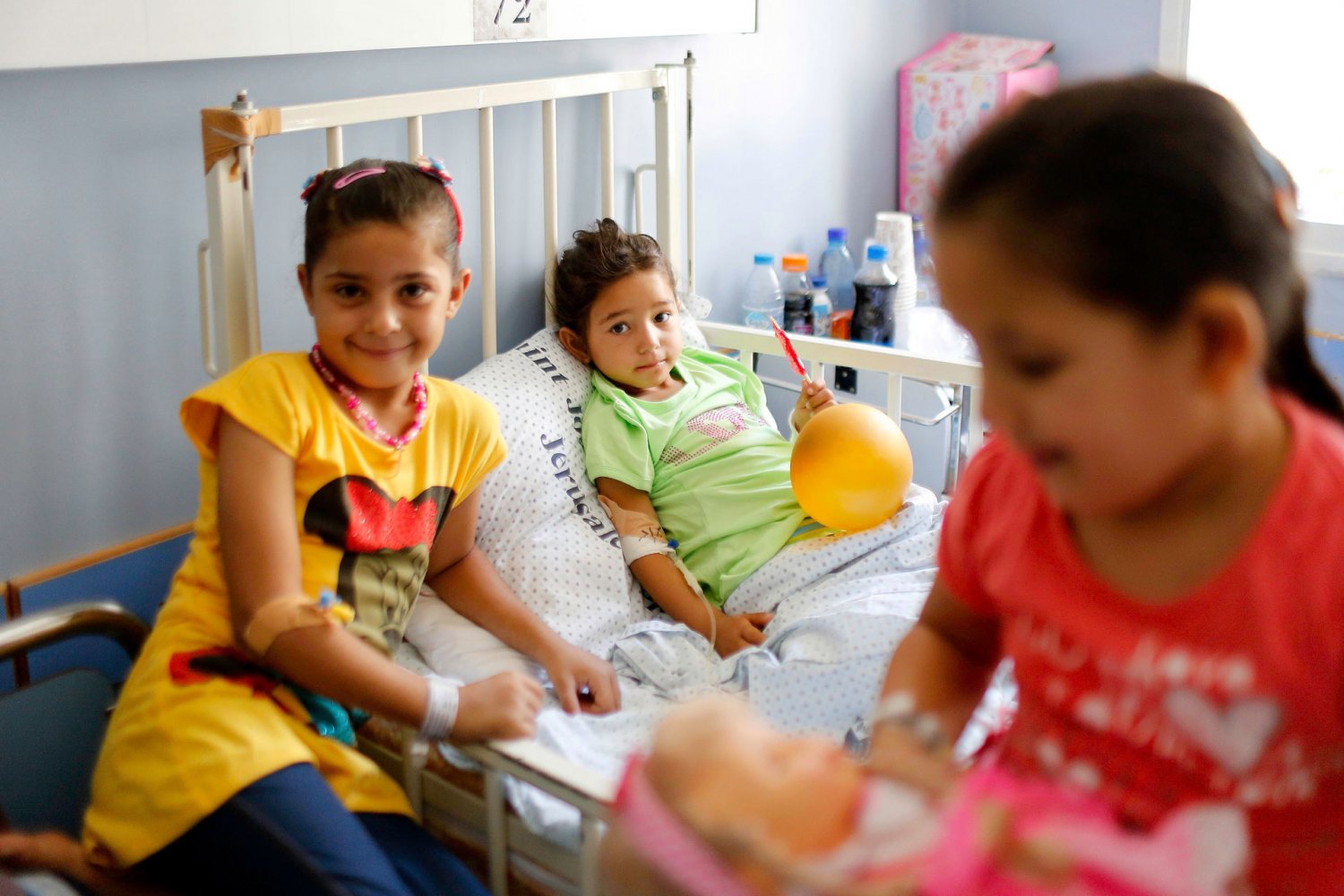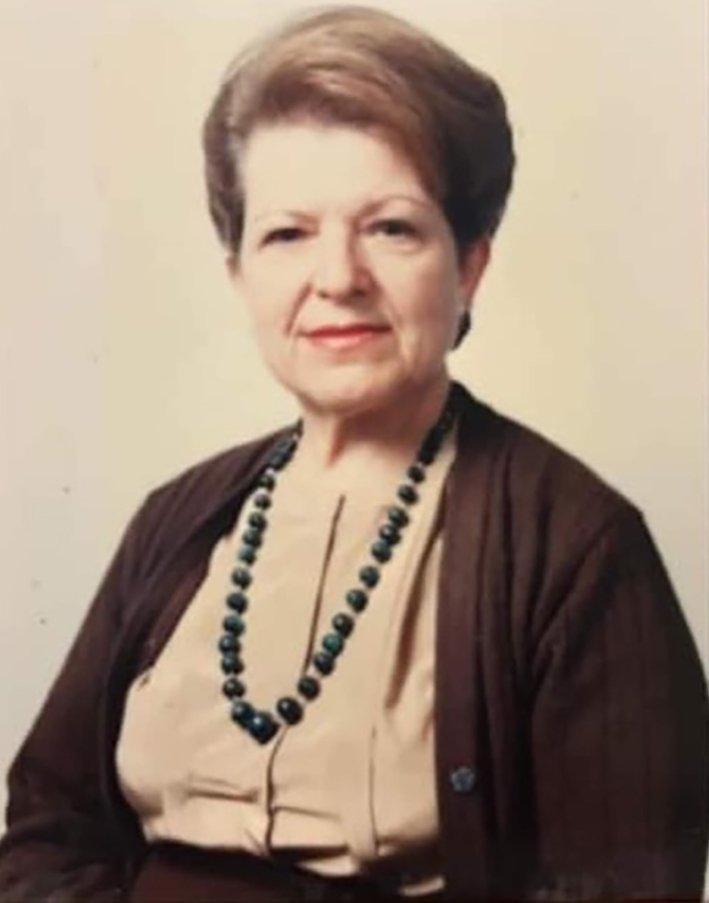This month, Jerusalem lost Adrineh Karakashian, a beloved pediatrician who cared for generations of Jerusalemites in the 20th century.
Varsen Agabakian-Shahin, the first Armenian Palestinian to have a cabinet-level position in the Palestinian National Authority (PA) as Minister of State for Foreign Affairs and Expatriates, mourned her passing and called her “a distinguished member of the Armenian Jerusalem community.”1
Adrineh Karakashian passed away on October 12 at the age of 97. She will be best remembered as a prominent pediatrician who served the Palestinian refugee community and Palestinians at large for over 60 years. Although she specifically served in the Jerusalem area, her reputation spread well beyond Jerusalem.
Born in Lebanon in 1927 to a family that survived the Armenian camps in Deir al-Zor, Syria, Karakashian moved to Palestine in 1951 as a young pediatrician and worked at the Augusta Victoria Hospital in East Jerusalem and with the United Nations Relief and Works Agency for Palestine Refugees (UNRWA), where she worked for more than 20 years.
In 1967, she opened her private clinic to continue her dedicated service to needy children.2


